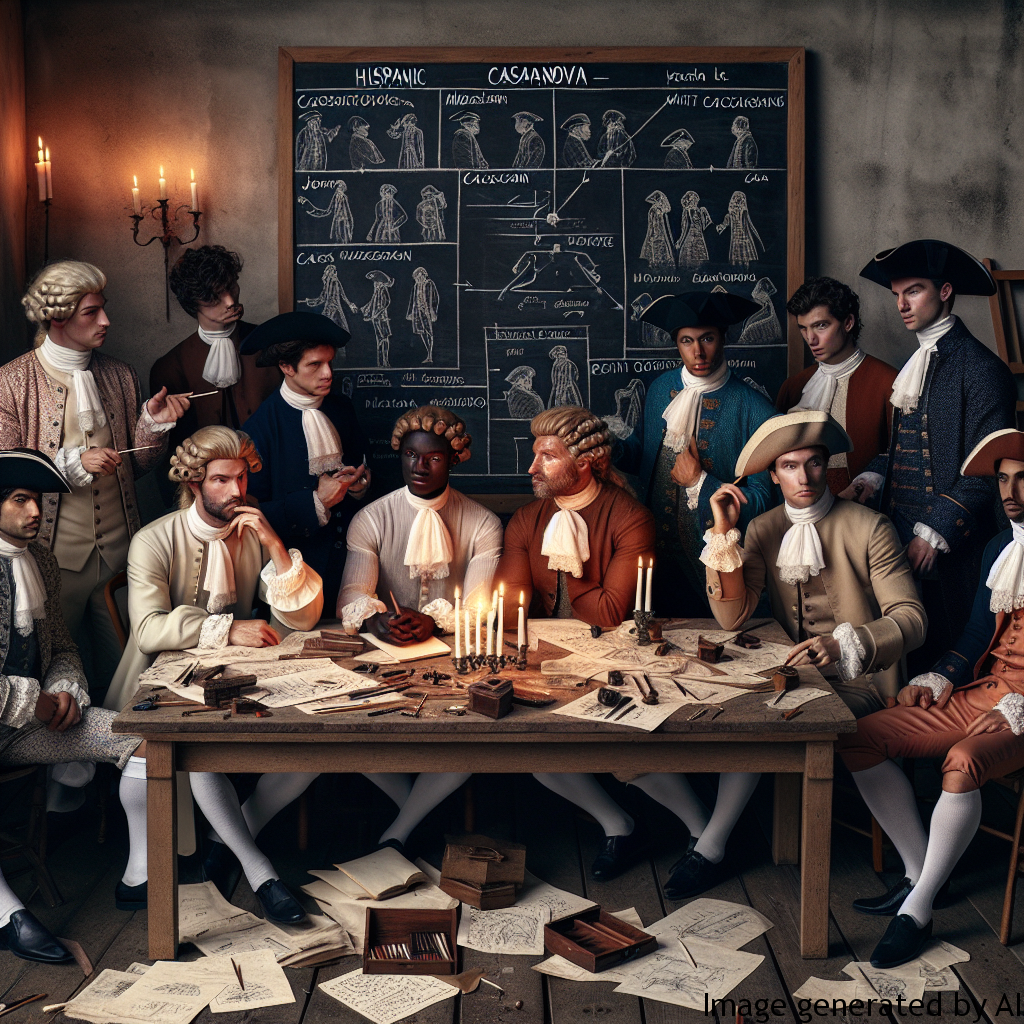Introduction
The term ‘Casanova men’ denotes men who are charismatic, successful with women, and often portray a certain playboy image. This label stems from the original Casanova, a writer and adventurer famed for his series of romantic liaisons. Recent studies have sought to understand the behavior of these ‘Casanova Men’ better, particularly their psychology and the impact of societal gender expectations on their health.
Gender Expectations and Impact on Men’s Psychological Health
The societal pressure for men to stand as providers, be emotionally resilient, and exhibit sexual prowess can weigh heavily on an individual’s psychological health. For Casanova men, these pressures are exacerbated by their image and lifestyle.
Emotional Suppression
Men are often expected to downplay their emotions, an aspect that can lead to suppressed feelings and, eventually, mental health issues. Casanova men, granted their reputation for charm and nonchalance, may find this expectation particularly inhibiting.
Pressure to Perform
As Casanova men are viewed as highly successful in their romantic pursuits, there’s the expectation to continually succeed. This constant pressure can lead to stress, anxiety, and even depression.
Examples of How Gender Roles Can Influence Men’s Lives
Casanova men are not merely shaped by societal expectations but are also actively molding their gender roles. An obvious example is how they frequently pursue romantic relationships, reinforcing the belief that men should be sexually aggressive and dominant. Casanova men’s charisma and flirtatious nature often work to validate the gender stereotype of men as ‘hunters’ in romantic situations.
Moreover, the lifestyle of a Casanova man can affect personal relationships, as the misplaced values can strain familial and platonic ties, adversely impacting their social lives and emotional wellbeing.
Tips for Enhancing Psychological Health Considering Gender Roles
Sustaining a desirable psychological health state amongst Casanova men necessitates redefining gender roles and expectations, ensuring they are healthy, balanced, and diverse.
This can involve recognizing and expressing emotions healthily, providing an opportunity to alleviate pressure and prevent negative mental health effects. It is pivotal to challenge the societal norm stating that men should exclusively be strong and stoic.
Moreover, cultivating a culture that values their worth beyond sexual conquests or romantic prowess is crucial. This shift allows them to gain a more holistic view of themselves, hence enhancing their psychological health.
Conclusion
‘Casanova men’ are indeed a demographic deeply influenced by societal gender roles and expectations. While the image may appear alluring from the outside, the pressures and stresses associated can significantly impact psychological health. By promoting a healthier and more balanced understanding of masculinity, society can move towards a state where men, including Casanovas, can live more authentically and happier.

